Six years ago I didn’t think too much about Poundland, or what its presence meant to Elgin High Street and surrounding businesses.
I didn’t think anything negative about them, I just thought they were another national chain only in town for the profits.
There’s nothing wrong with that. It’s business, and they brought with them jobs and a good range of products I buy myself.
But did I think Poundland’s bosses on the outskirts of Birmingham cared about Elgin, our town centre and the health of our High Street? Probably not.
Over the last six years though I have completely changed my mind and have a newfound respect for the retailer and its business model.
Lesser national chains would have packed up and moved from the High Street to a retail park, or left town completely at the first sign of the endless troubles Poundland has faced with its Elgin store.
This is why I’ve changed my mind about Poundland.
‘Leaving Elgin would have been easy way out for Poundland’
Unbeknown to Poundland, their Elgin store had had water pouring in through the roof for years.
A complete survey of the building later revealed the damage was far worse than anyone expected with damage from the roof to the basement.
It is understood some floors in the building had already collapsed with concerns about the future of the entire structure.
Poundland was just a ground floor tenant, they didn’t use the upper floors or even have access to them.
When negotiations with the landlord about who would pay the bill broke down the easy option for Poundland would have been to leave Elgin, or move elsewhere in town.
Instead, they stepped up, bought the building themselves. They’ve then funded the demolition and reconstruction of the building.
No figure has been released of the investment but I understand it to be well in excess of £1 million.
It was a landmark decision for the chain. In 30 years of trading across 800 stores it was the first building they had ever owned outright.
All of their other shops, even their HQ, is leased.
If Poundland hadn’t made the bold decision to buy its Elgin home outright, goodness knows how long the building would have been shrouded in scaffolding.
We should count ourselves lucky we have had a willing developer with the funds to prevent the High Street from having a permanently derelict building on one of its corners.
Given the damage and the interruption from a global pandemic, perhaps six years to get the job done has been a blessing. Even if it hasn’t felt like it at times.
Bargain store snobbery
When people criticise Elgin High Street, and other town centres, it’s usually laden with backhanded insults about bargain stores.
The truth now is that Elgin High Street would be in a much worse position today than it would have been without Poundland.
This year it was revealed the cost-of-living crisis was pushing more of us to discount stores. Spending has increased by 41% at firms including Poundland, B&M and Lidl since the same time in 2023.
And what continues to set many discount stores apart is their continued commitment to High Streets and town centres across the country.
What has been evident in many of my conversations with Elgin businesses on Batchen Street and the west end of the High Street this year is how much they value the footfall Poundland brings.
Think about it. How many of us would go online shopping at Poundland? Not many I would suspect.
But how much of us will go inside to have a good rake about for a bargain? A lot more of us, I would think.
‘Elgin would be worse off without Poundland’
Primark famously didn’t offer any form of online shopping until 2022 despite its massive presence in city centres.
And even when they did, it was only a click-and-collect service initially. This meant customers still had to step through their front door.
Discount stores play an important role in the health of our High Streets today. They pull in customers and occupy some of our largest units.
Poundland’s commitment to Elgin shows it works both ways. They place a value on being a part of our community as much as we value getting deals off them.
Elgin High Street would certainly be much worse off without Poundland.
Locals still fondly call the junction between the High Street and North Street Woolie’s Corner, from the time Woolworths was in the unit.
Poundland has now engraved its name into bricks, christening it “The Poundland Building”.
We should really start calling it Poundland Corner now.
David Mackay lives in Elgin and works as a journalist for the Press and Journal.
Read more from Elgin
- Elgin Poundland FLATS: Look inside one-bedroom apartment above new store as national chain branch out
- Catastrophic water leaks, major fires and historic boardroom deals: Timeline of 6 years of Poundland works in Elgin
- Retail park rows, supermarket deals and a massive bus station makeover: The St Giles Centre expansion plans in Elgin that never happened
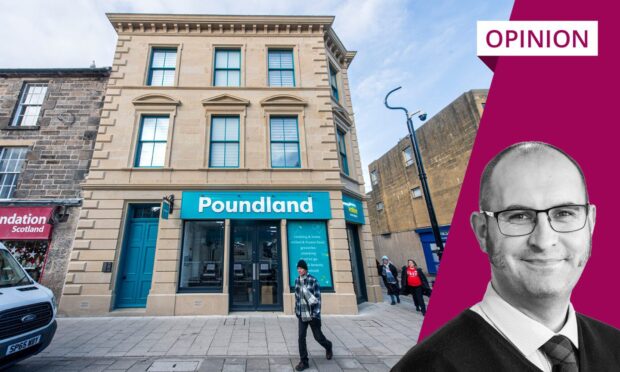
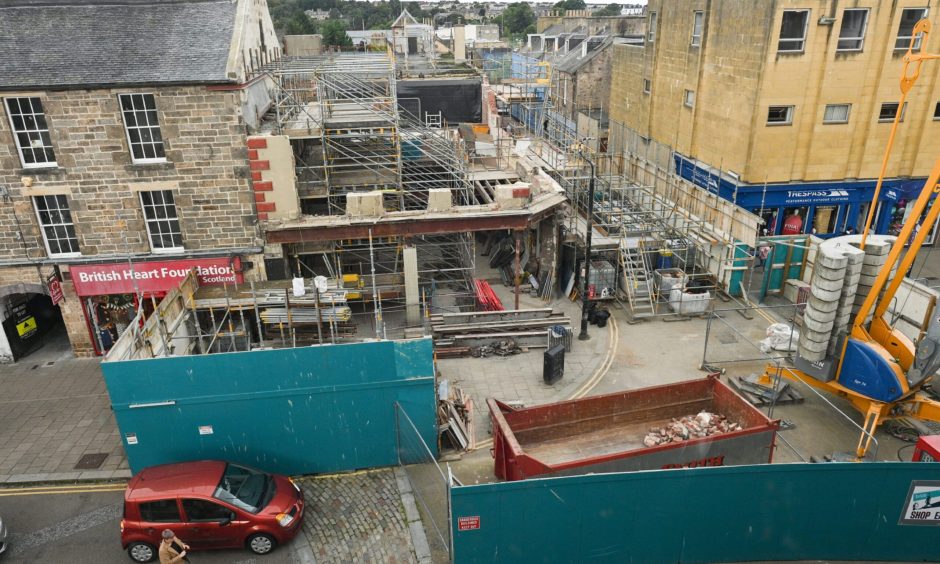
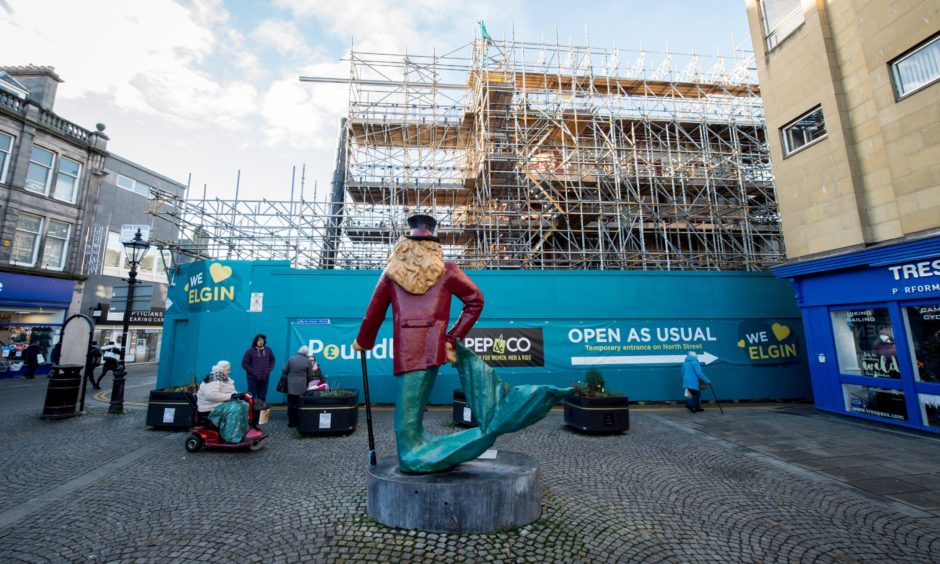
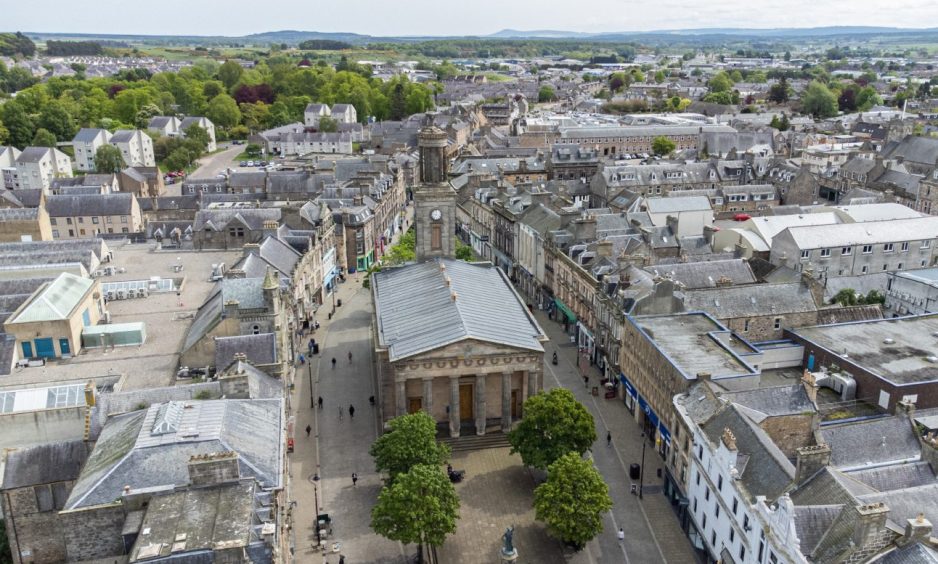
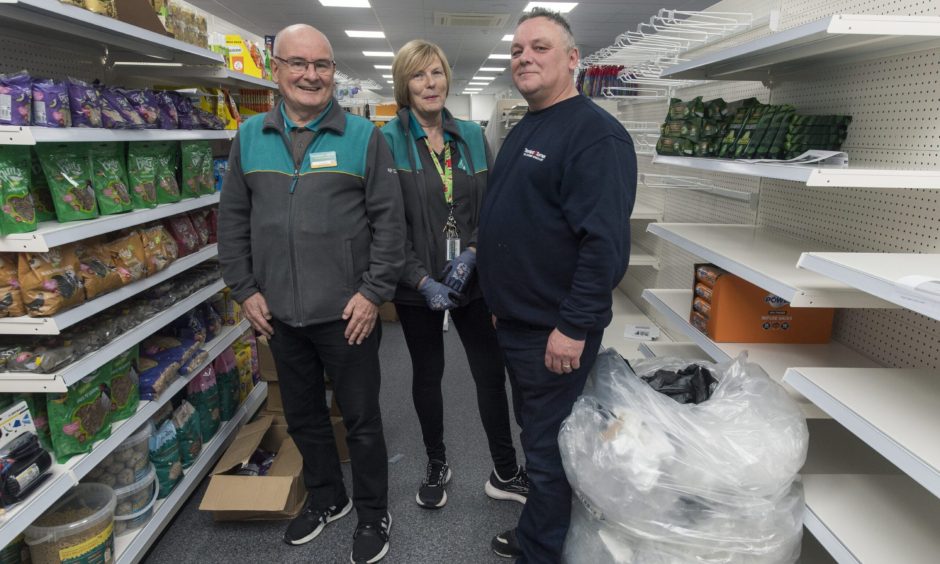
Conversation